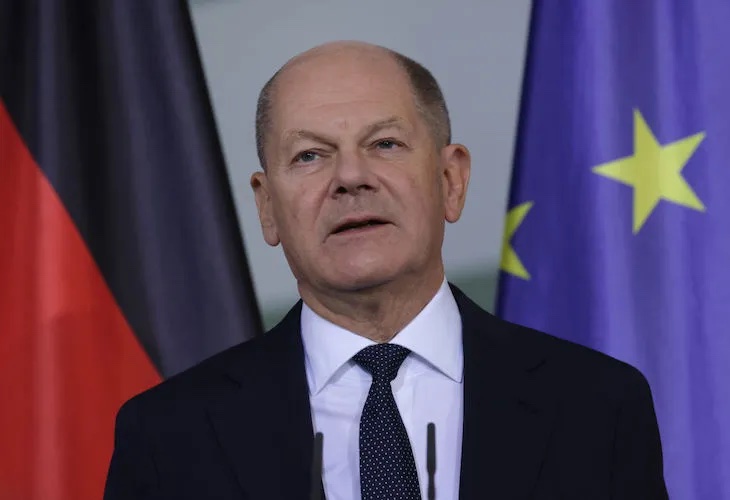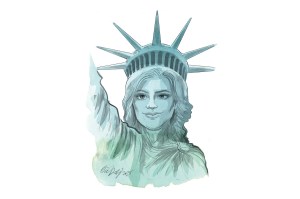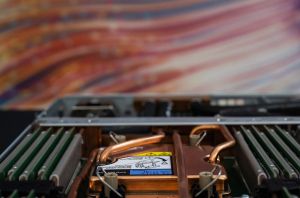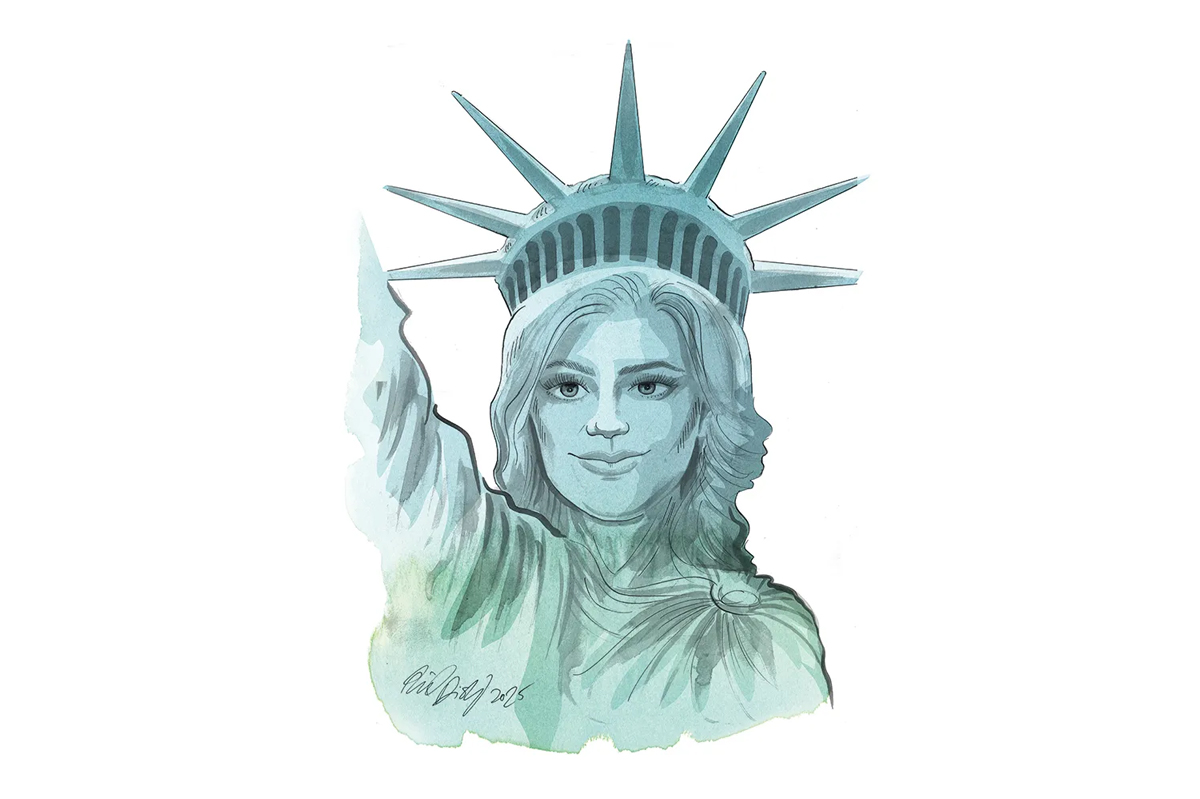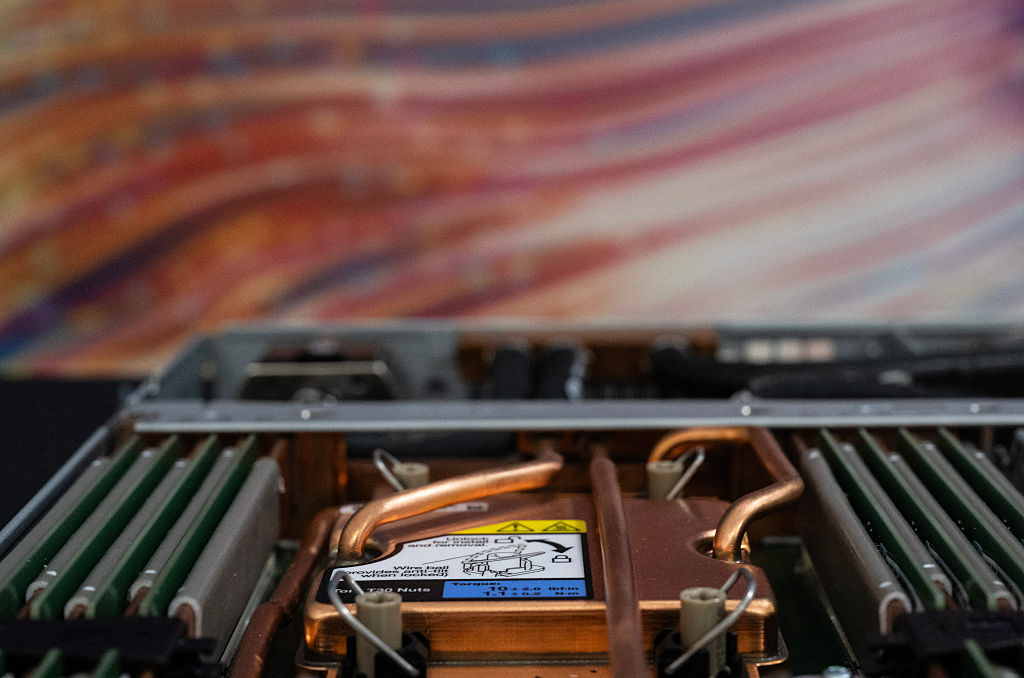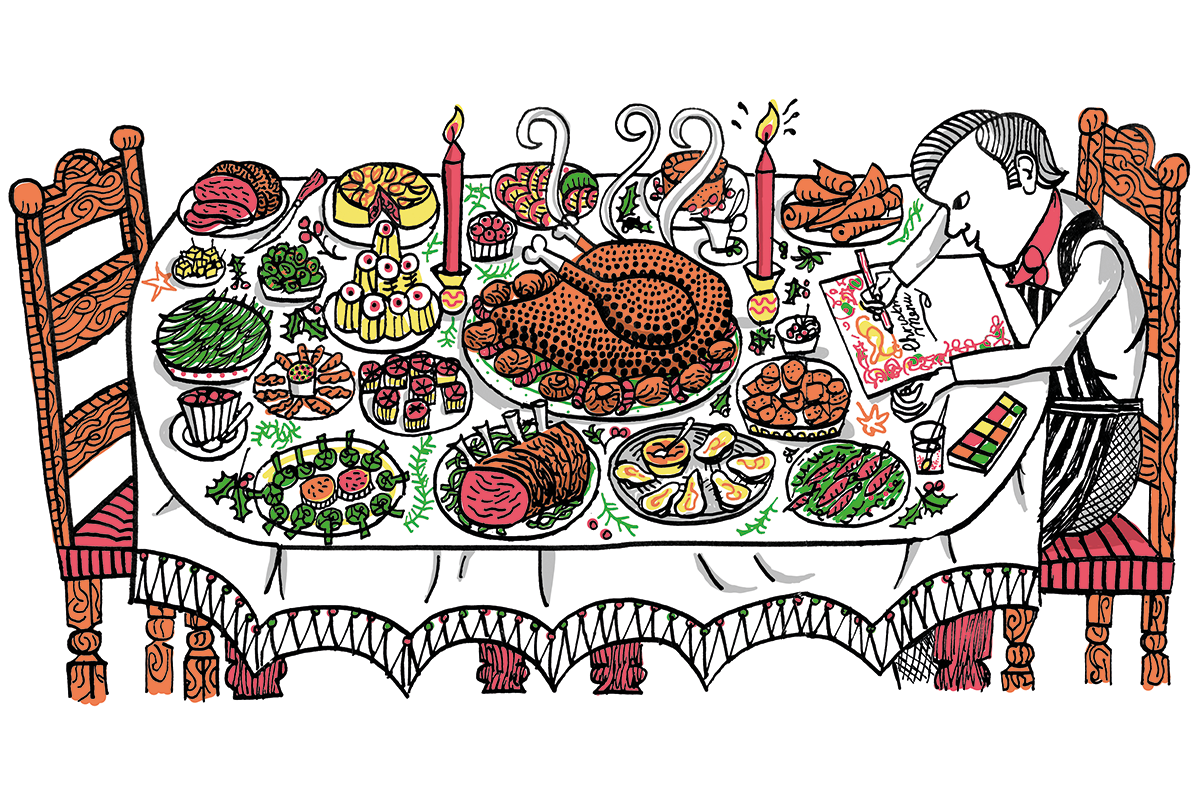The demise of Chancellor Olaf Scholz’s lackluster coalition of Social Democrats, Greens, and the liberal Free Democrats is unsurprising. The ideological blend fits Germany, as Stalin might have said, “like a saddle fits a cow.”
The election that may truly define Germany’s future will be held in 2029
Scholz seems almost to have modeled himself on Britain’s Liz Truss; though it took him longer to damage the world’s third-largest economy, he has done a thorough job. Germany’s economy, Europe’s largest, is expected to contract for a second consecutive year in 2024. Ludwig Erhard, the architect of the West German economic miracle, must be spinning in his grave.
The Bundestag is likely to hold a vote of confidence in December, though Scholz has suggested delaying this until next year. An election is due to take place on February 23.
Christian Democratic Union (CDU) leader Friedrich Merz is currently poised to become Germany’s next chancellor. As we’ve seen in the US, polls can be misleading, but Merz’s CDU-led bloc holds such a commanding lead that his victory seems assured. Only one scenario could complicate things for Merz: if the SPD were to replace Scholz as their candidate with defense minister Boris Pistorius, the country’s most popular politician.
The big question is who Merz might select as a coalition partner. His preference seems to be Scholz’s SPD, as he presumably finds them more manageable than the Greens. This would bring many dour SPD faces back into government but would allow Pistorius, the SPD’s brightest talent, a prominent role.
Such a coalition — or a Merz-Green partnership — might offer a slim chance of delivering much-needed tax reforms, cutting bureaucracy, and expanding the military.
The key issue will be the number of parties in a Merz-led coalition. If he ends up with a three-party alliance or more, Germany may be in for another turbulent political arrangement, like Scholz’s troubled tripartite coalition.
Merz will undoubtedly pledge to uphold Germany’s constitutional debt brake, which strictly limits new borrowing.
However, he may choose to abandon it once elected. With a debt-to-GDP ratio of around 62 percent, Germany has some room for additional borrowing. Merz will face pressure to either raise taxes or cut social spending if he sticks to the debt brake. Although the debt brake can be suspended in cases of natural disasters or emergencies, permanently changing it would require two-thirds support in the Bundestag.
If Merz’s coalition lacks this two-thirds majority, the far-right Alternative für Deutschland (AfD), now polling as the second-strongest party, could demand a steep price for supporting any alteration of the debt brake: ending military aid to Ukraine.
Regardless of Germany’s new government, the chances of simultaneously revitalizing the economy, bolstering security amid expected cuts to US military support, and satisfying voters who believe Germany deserves a “holiday from history” seem slim.
Germany has long maintained a military-to-social-welfare spending ratio of 1:3 or 1:4, and this entrenched balance is unlikely to change without extreme circumstances.
Meanwhile, the AfD and the newly formed left-nationalist Alliance Sahra Wagenknecht (BSW) stand ready to capitalize on any economic downturn or political disorder. Germany will need powerful economic growth over the next four years to prevent the AfD and BSW from profiting off its decline.
The election that may truly define Germany’s future will be held in 2029, when Berlin could face a “Donald Trump moment,” with radical parties from both left and right vying for power.
This article was originally published on The Spectator’s UK website.



